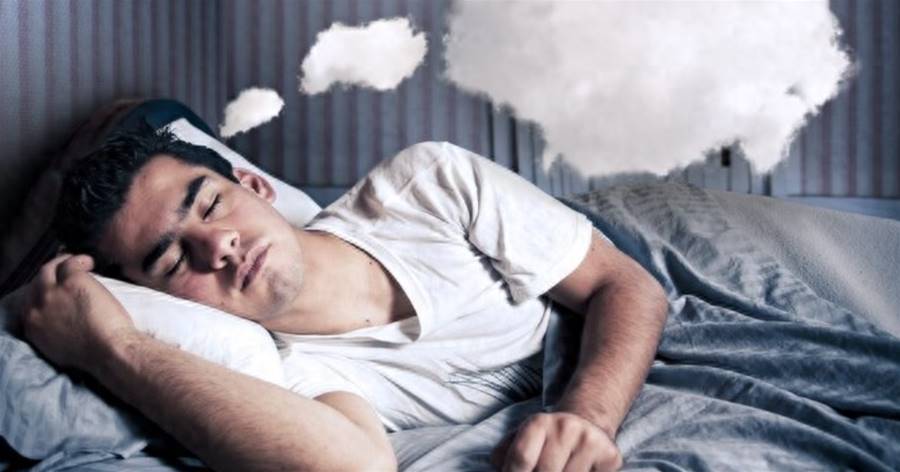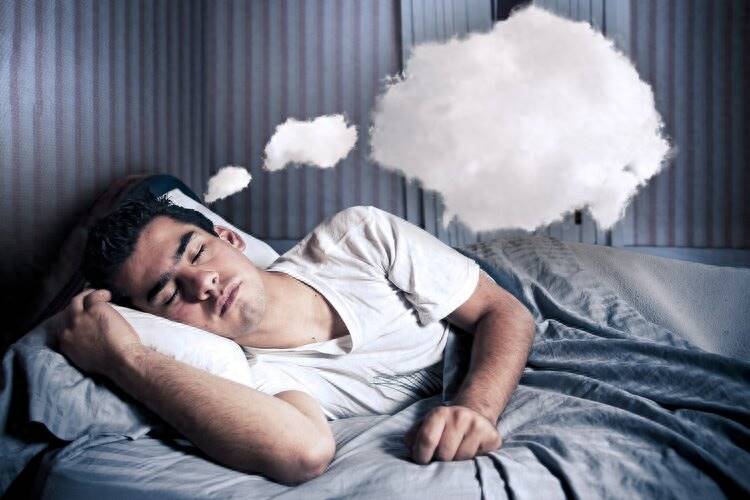
1. Sleeping Direction: Is it Superstition or Science? Did you know that the direction you sleep in can affect your sleep quality and overall health? Folklore suggests that sleeping with your feet towards the west and head towards the east can help you sleep better. But is there any scientific evidence to support this claim? There are two main theories behind this belief.

The first is the Earth's magnetic field theory, which suggests that our bodies function as weak magnets and sleeping in a north-south direction aligns our magnetic fields, while sleeping in an east-west direction disrupts it, thus affecting sleep quality. The second theory is related to traditional Feng Shui practices, where it is advised to have beds facing the north-south direction for better sleep.
However, it is important to note that the Earth's magnetic poles are not exactly aligned with the north-south axis, and they also change with the seasons and time of day.

Additionally, the strength of our body's magnetic field is incredibly weak in comparison to the Earth's magnetic field. Currently, there is no scientific evidence to definitively prove the relationship between the Earth's magnetic field and sleep.
Therefore, while the direction you sleep in can be considered as a reference, it is not necessary to be superstitious about it. Instead of worrying about the direction, it is more important to focus on other factors that can affect sleep quality, such as finding a comfortable sleeping position and creating a conducive sleep environment.

2. Sleep Position: Side Sleeping and Reduced Dementia Risk Apart from the sleeping direction, the sleeping position is also an important factor that people often discuss.
There is a notion that sleeping on your side is the healthiest position and can even reduce the risk of certain diseases. But what is the truth behind this claim? In a study published in the Journal of Neuroscience in 2015, researchers from Stony Brook University found that sleeping on your side, compared to sleeping on your back or stomach, may help clear waste products from the brain, reducing the risk of Alzheimer's disease, Parkinson's disease, and other neurological disorders.

Using dynamic contrast-enhanced magnetic resonance imaging, the researchers were able to visualize the complex lymphatic system in the brain. They found that side sleeping was the most effective position for clearing beta-amyloid proteins, tau proteins, and other harmful substances from the brain, minimizing their negative impact and lowering the risk of dementia.

In daily life, an incorrect sleeping position not only affects sleep quality and mental well-being but can also pose health risks, especially for older adults. The following two sleeping positions are not recommended for the elderly. Left Side Sleeping: Sleeping on the left side may increase the pressure on the heart, altering its electrical activity.
For individuals with heart failure, this position can worsen symptoms and increase the risk of heart disease. Stomach Sleeping: Sleeping on the stomach is highly unhealthy as it affects normal breathing and impairs blood circulation in the facial skin. This can accelerate facial aging.



















